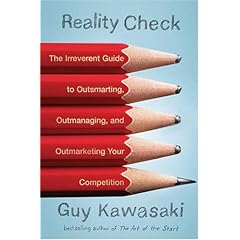
Time to make some notes. I've been playing with using Sematic Mediawiki to create a database of taxonomic names, literature, specimens, sequences, and phylogenies. One challenge is to come up with simple ways to model these entities, in a way that makes both data entry simple and querying as simple as possible. Some things are straightforward. For example, a publication can be modelled like this: OK, I've ignored the attributes.




